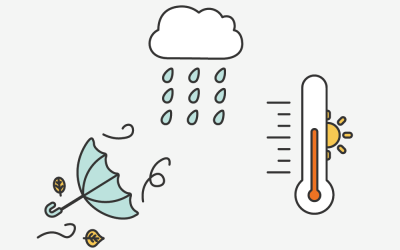会 (huì), 能 (néng) and 可以 (kěyǐ)
Some Chinese learners have noticed that modal verbs 会 (huì), 能 (néng) and 可以 (kěyǐ) share the same meaning – they all can be translated as “can”. However, they are actually slightly different from each other depending on the context, which may sometimes lead to misunderstanding if you use them inappropriately.
Take a look at the examples below to understand the difference.
1. 会 (huì)
-
会 (huì) + verb = can; to know how to (do sth.)
When会 (huì) is followed by a verb, it refers to a specific skill that you’ve gained, and it’s often associated with something professional.
Examples:
我会说英文。(Wǒ huì shuō Yīngwén.) I can speak English.
我会开车。(Wǒ huì kāichē.) I can drive.
Vocabulary:
说 (shuō) • to speak
英文 (Yīngwén) • English
开车 (kāi chē) • to drive a car
-
会 (huì) + verb = will (do sth.)
会 (huì) can have a completely different meaning, which is “will do something” when the verb comes after is not related to a certain skill.
Example:
我明天会去北京。
(Wǒ míngtiān huì qù Běijīng.)
I will go to Beijing tomorrow.
Vocabulary:
明天 (míngtiān) • tomorrow
去 (qù) • to go
2. 能 (néng)
-
能 (néng) + verb = can (do sth.)
能 (néng) is often translated as “can”, but it has a slightly different meaning compared to 会 (huì) depending on the context. 能 (néng) emphasizes that a person is able to do something in a specific situation.
Example:
我下个星期能写完报告。
(Wǒ xià gè xīngqī néng xiěwán bàogào.)
I’ll be able to finish the report next week.
Vocabulary:
下个星期 (xià gè xīngqī) • next week
写完 (xiěwán) • to finish writing
报告 (bàogào) • report
3. 可以 (kěyǐ)
-
可以 (kěyǐ) + verb = can; to be allowed to (do sth.)
“可以 (kěyǐ) + verb” is also often translated as “can do something”. However, this phrase implies that a person can do something because he or she is allowed to do it.
Example:
我可以进来吗?
(Wǒ kěyǐ jìnlái ma?) Can I come in?
Vocabulary:
进来 (jìnlái)• to come in








0 Comments